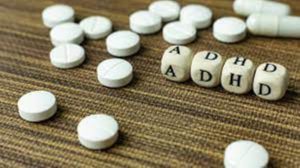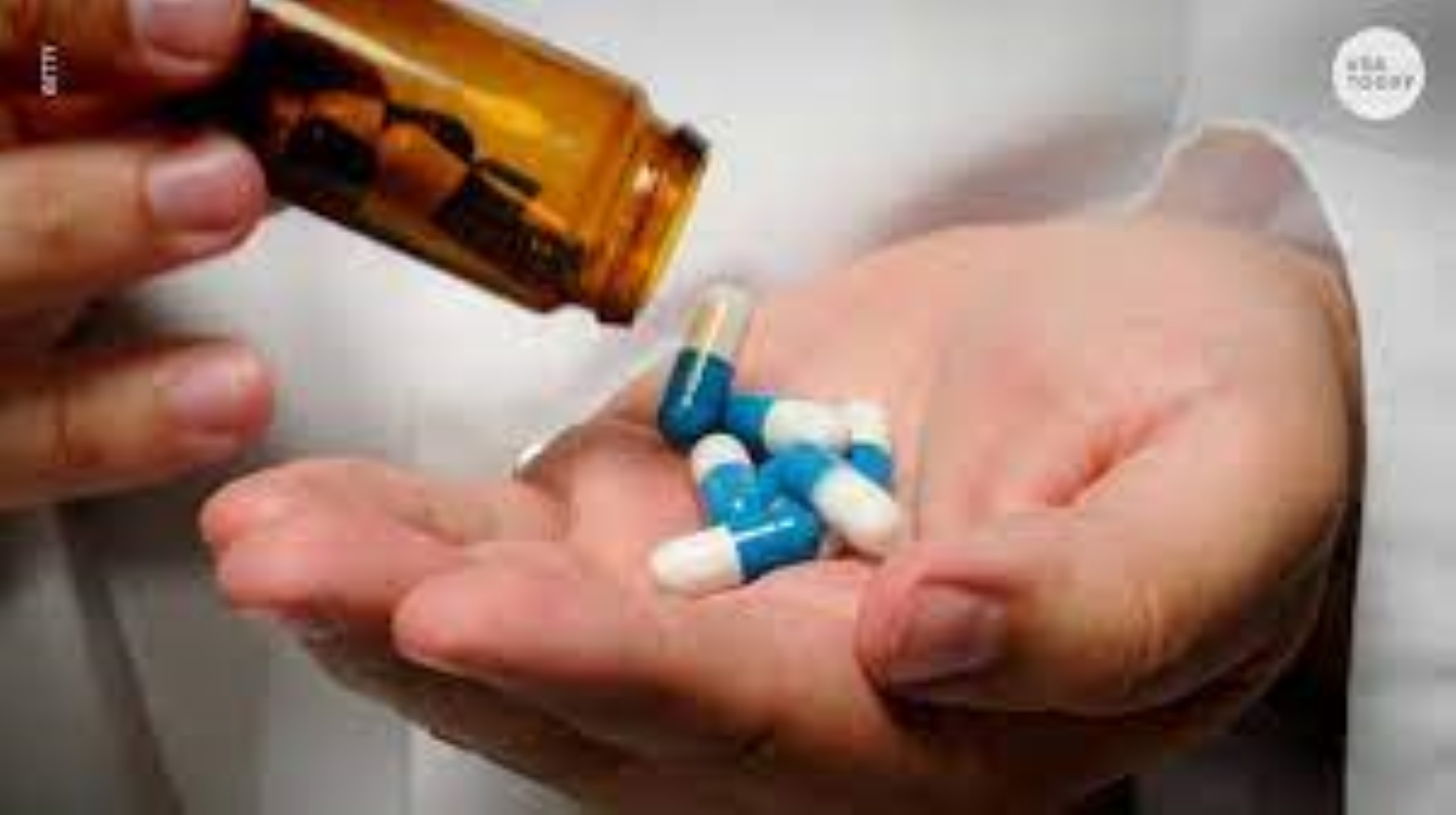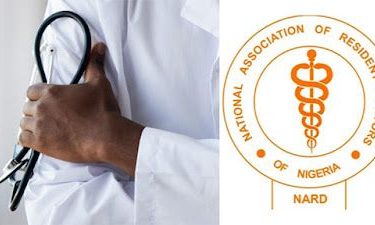A new study that was published on Thursday in the American Journal of Psychiatry suggests that taking high doses of ADHD medications is associated with a risk of psychosis or mania that is more than five times larger.
This study is among the first to discover a connection between increasing drug dosages, especially amphetamines, and an increased risk of psychotic symptoms.
Adderall, Vyvanse, and generic amphetamines like dextroamphetamine are among the medications.
Amphetamine use and psychosis have long been linked. Dopamine levels in the brain rise in response to amphetamines. The neurotransmitter is involved in mood, motivation, memory, and psychosis, among other functions in the body.
According to Dr. Jacob Ballon, a psychiatrist and co-director of Stanford Medicine’s INSPIRE Clinic, which specializes in treating patients with psychosis, the medications “can flood the brain with dopamine, and when you flood the brain with dopamine you potentially can cause psychosis.”
The “dose-response relationship,” which states that the risk of psychosis increased with larger doses, had not been proven.
Dr. Will Cronenwett, vice chair for clinical affairs in psychiatry at Northwestern Medicine, stated, “That’s what this study provides.”
According to Cronenwett, “the United States is going through a bit of an amphetamine moment right now.” “The use and popularity of amphetamines are increasing.”
The use of stimulants has increased in the United States in recent years, especially among adults. According to a research this year in JAMA Psychiatry, the percentage of adults aged 20 to 39 who were prescribed amphetamines for attention-deficit hyperactivity disorder increased by 30% between 2018 and 2022. In the 40–59 age group, rates increased by 17%.
The manufacturer of Vyvanse, Takeda Pharmaceuticals, released the following statement to NBC News: “Takeda believes it is important for patients to take our medicines in accordance with U.S. Food and Drug Administration (FDA)-approved labeling guidance and in consultation with their prescribing health care provider.”

A request for comment from Teva Pharmaceuticals, the company that makes Adderall, was not answered.
high concentrations
Lead study author Dr. Lauren Moran is a psychiatrist and researcher at McLean Hospital, a teaching hospital affiliated with Mass General Brigham in Boston. She stated that amphetamine-related psychosis is a common occurrence in patients.
Moran remarked, “We’ve seen this a lot.” “College students who don’t have much of a psychiatric history and who are prescribed stimulants are coming in and developing new onset psychosis.”
The current study focused on teens and adults between the ages of 16 and 35, which is the typical age range for the onset of psychosis or schizophrenia. Moran and her colleagues evaluated electronic health records from Mass General Brigham from 2005 through 2019. Compared to 2,748 patients who were hospitalized for other mental illnesses including depression or anxiety, they found 1,374 cases of patients who had first bouts of psychosis or mania.
Additionally, they examined whether and to what extent the patients had received stimulant prescriptions in the previous month.
Individuals who used the greatest dosages—more than 40 mg of Adderall, 100 mg of Vyvanse, or 30 mg of dextroamphetamine—had a 5.3-fold increased risk of developing psychosis compared to those who took no medication.
A 3.5-fold increased risk was associated with the middle dosage of Adderall (20–40 mg), Vyvanse (50–100 mg), or dextroamphetamine (15–30 mg). According to Moran, it’s unclear if using less than 20 mg of Adderall, 50 mg of Vyvanse, or 15 mg of dextroamphetamine increases the chance of developing psychosis.
Another medication used to treat ADHD but not an amphetamine, Ritalin, did not raise the risk of psychosis.
Approximately 6% of patients taking amphetamines are prescribed the highest dosages, whereas roughly 22% are assigned the medium dosages, according to Moran’s review of national insurance claim data.
According to Cronenwett, the likelihood of an amphetamine-related psychosis happening is still rather low—roughly 1 in 1,000. However, heavy dose users should be mindful of the hazards.
He stated, “I would counsel patients who have a personal or family history of serious mental illness, including things like schizophrenia or bipolar disorder with mania.” “Someone may want to exercise extreme caution about the amount and dosage of these medications they take if these kinds of illnesses run in the family.”
Ballon concurred.
“It’s possible that some people are taking stimulants who don’t really benefit from them,” he stated. In order to achieve that degree of efficacy, the doses are ultimately increased, and in







